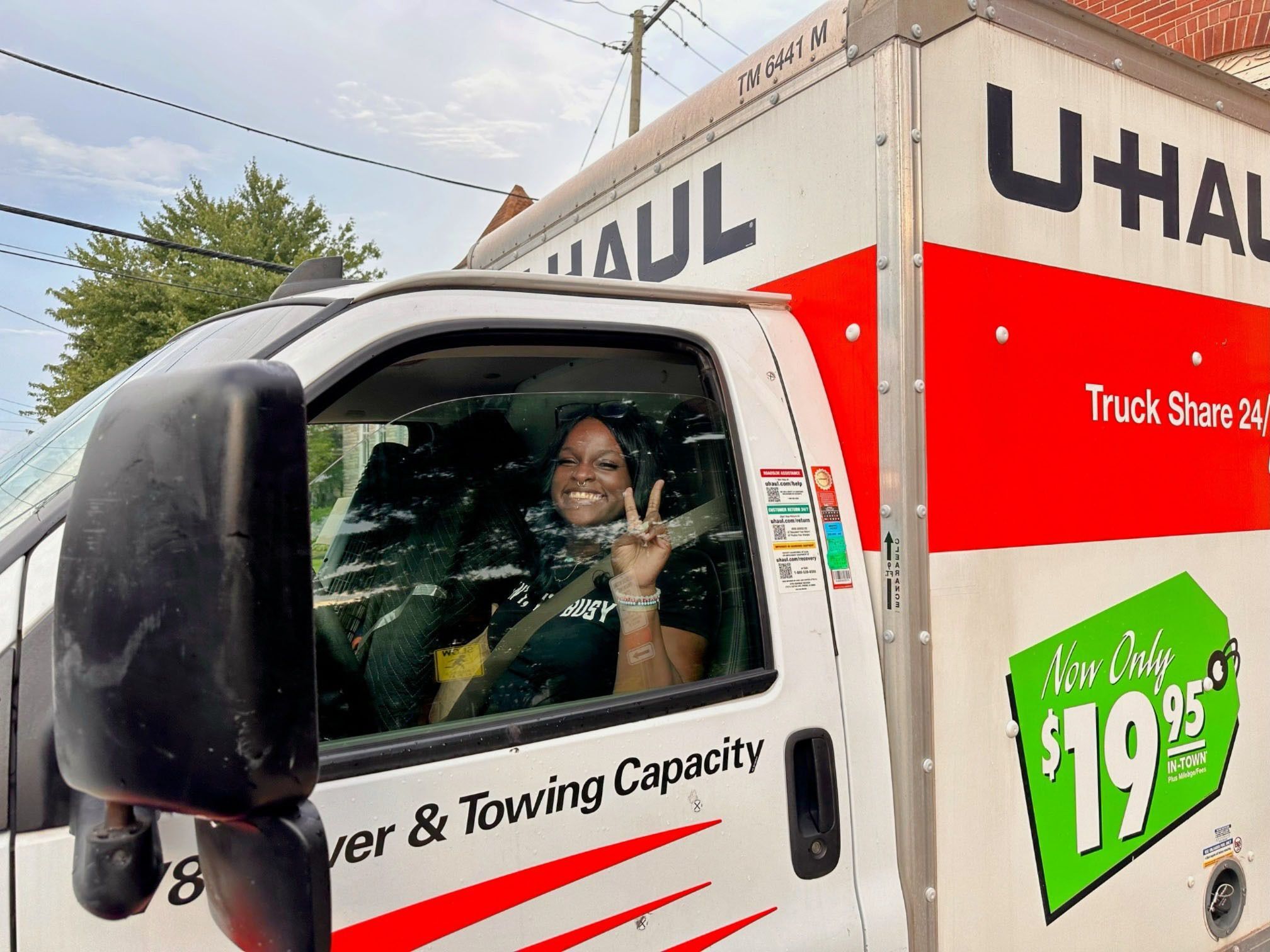
Playtime parent, Sherelle,* and Jamila Larson, Playtime Co-Founder and Executive Director, approached the Hyattsville District Court building. “I’m so scared. I don’t know if I can do this,” Sherelle worried aloud. She was about to face her abuser in court about the night he—Sherelle’s ex and father of her child—got into her apartment and choked her while she lay in bed. When her nine-year-old son tried to intervene, his father pushed him away and spat on him. Jamila, a licensed social worker, had offered her support to Sherelle in navigating the aftermath of this terrifying situation.
The District Attorney leafed through the case file she had received the day before. “The police photos from that night don’t show bruises on your neck,” she said. Out of the file spilled large color photographs of someone else’s bruised body. “That lady ain’t me!” Sherelle gasped. Later, she bravely fielded cross-examination questions like, “Did you consent to being strangled?” Sherelle ultimately prevailed but was left retraumatized.
Playtime can’t control the way systems operate, but we can support and advocate for families as they navigate them. This is why Playtime prioritized hiring a Family Stability Manager. In August, Playtime hired Rosa Wright, a licensed clinical social worker who is now providing resource referrals and family support services full-time. Rosa describes her role: “We are here to provide emotional support and listen without judgement. We also provide case coordination with housing, schools, food, and disability assistance. Most importantly, we welcome the whole family into Playtime as a consistent support system. The whole family's wellbeing is of utmost importance for the child.”
“The transition from the shelter was a stressful period. Without [Playtime's] support, my children and I would have been without beds, a dining table, or even utensils. Your presence in our lives has blessed us in countless ways.”
This role is critical. Many of our families in crisis lack the technology and guidance to access childcare or apply for specialty housing programs for domestic violence, for example. When families leave shelter, that’s often when they become even more vulnerable to domestic violence and food insecurity. Just one missed car payment could throw the family back into a state of housing insecurity.
That’s what happened to Aquitia Denson just as she was moving from shelter into her new apartment. Jamila met her as she carefully backed the U-Haul truck into the storage parking area where she could pick out donated furniture and home goods. She explained, “The transition from the shelter was a stressful period. Without [Playtime's] support, my children and I would have been without beds, a dining table, or even utensils. Your presence in our lives has blessed us in countless ways.”
In between loading heavy furniture into her U-Haul while patiently keeping her kids occupied, Aquitia raved to Jamila about how much her children with special needs got out of Playtime. "Knowing that my children are safe and engaged in learning has brought me immense peace,” she shared, as she picked out donations to create a sensory corner in her home, like her children enjoyed at Playtime. Now, Rosa is working with her to identify disability services for her children and other resources to help her keep her family housed.
“Play is just the beginning,” Jamila explains. “To break the cycle of housing insecurity, we must make sure caregivers have the resources and support they need to begin laying that groundwork of stability.”
*Name changed to protect privacy

